WEST POINT, N.Y. (Oct. 20, 2010) -- Last Saturday, 2nd Regiment cadets had their M4 carbines out of the arms room and their boots down in the dirt as they conducted their "Super Saturday" training event. Sixty-four squads accomplished seven soldiering tasks in a fast-paced, round-robin style to become reacquainted with the combat training they normally receive each summer.
Over the course of an eight-hour operation, squads of eight to 12 cadets moved through the foot operations that included boat crossings, land navigation, force-on-force, room clearing and Soldier First Responder, said Class of 2011 Cadet Eric Schweppe, 2nd Regiment operations officer.
According to the Rhinebeck, N.Y., native, the cadets also practiced rappelling and marksmanship. Planned aviation transport training had to be canceled at the last minute and replaced with combatives, which was conducted by a Level III-certified cadet.
The squad leaders were closely involved in the planning and execution process of the event.
Class of 2011 Cadet Danielle Munoz and other squad leaders were brought in on the staff meetings and assumed the responsibility of motivating their cadets and preparing them for the training.
"We got as much information as possible from the (meetings) and passed it down to the team leaders, talked about a plan of action and executed," the Missoula, Mont., native said. "This morning and last night, we made sure everyone had their sensitive items: compass, dog tags, ID card and mouthguard."
"The overall goal of the event is to teach people to move in a squad unit," Schweppe said. "Success or failure usually depends on that squad leader and (his or her) ability to leverage the skill of the people within the squad."
The staff officer positions were almost entirely populated by cadets for the training that encompassed about 1,000 cadets, Schweppe said. It turned out to be one of the largest cadet-driven events conducted at West Point in recent years.
"It was probably the biggest coordination effort I've ever done in my life as an operations officer," Schweppe said. "Overall, for Super Saturday we didn't hold anything back."
For the force-on-force training, members of the cadet paintball team helped to put together a course complete with guns, paintballs, protective gear and other materials.
The result was a motivating teamwork experience that Munoz' and other squads enjoyed.
The training with paintball turned out to be a unique and raucous event for all of the cadets.
Schweppe could see that not only were the cadets full of excitement that day, they were also focused upon improving their tactical skills in preparation for leading Soldiers in combat.
"(Super Saturday) helps remind everyone why we're here and the ultimate purpose of West Point, and that is to train combat leaders," Schweppe said. "A lot of the training that happens on Super Saturday is what cadets talk about for six months, and it goes into important decisions as far as branching and what they want to do with their future Army careers."
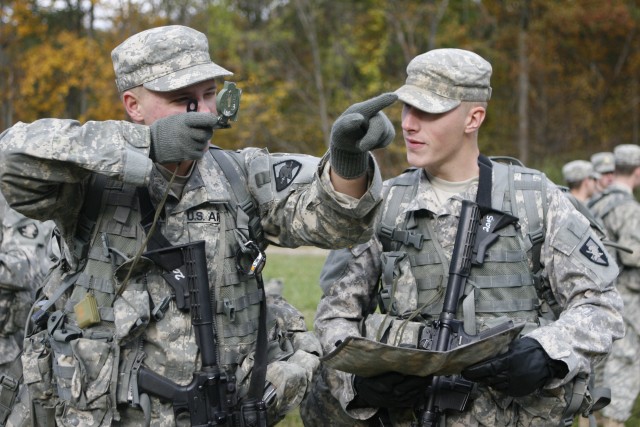
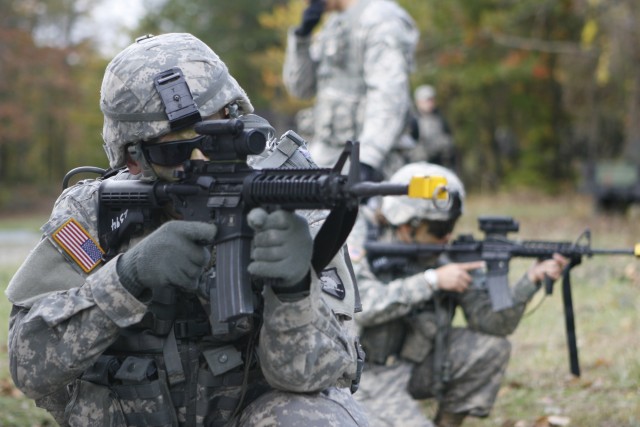
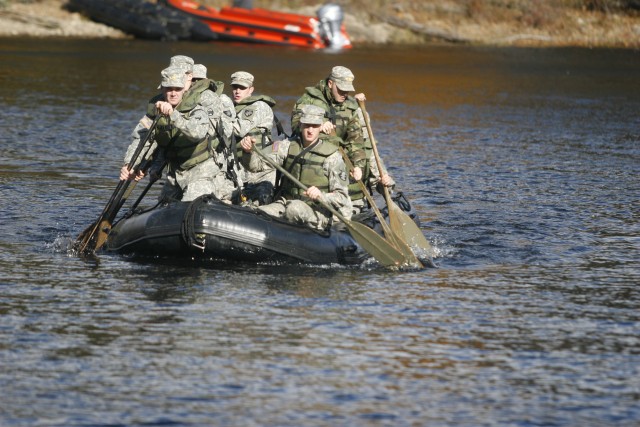
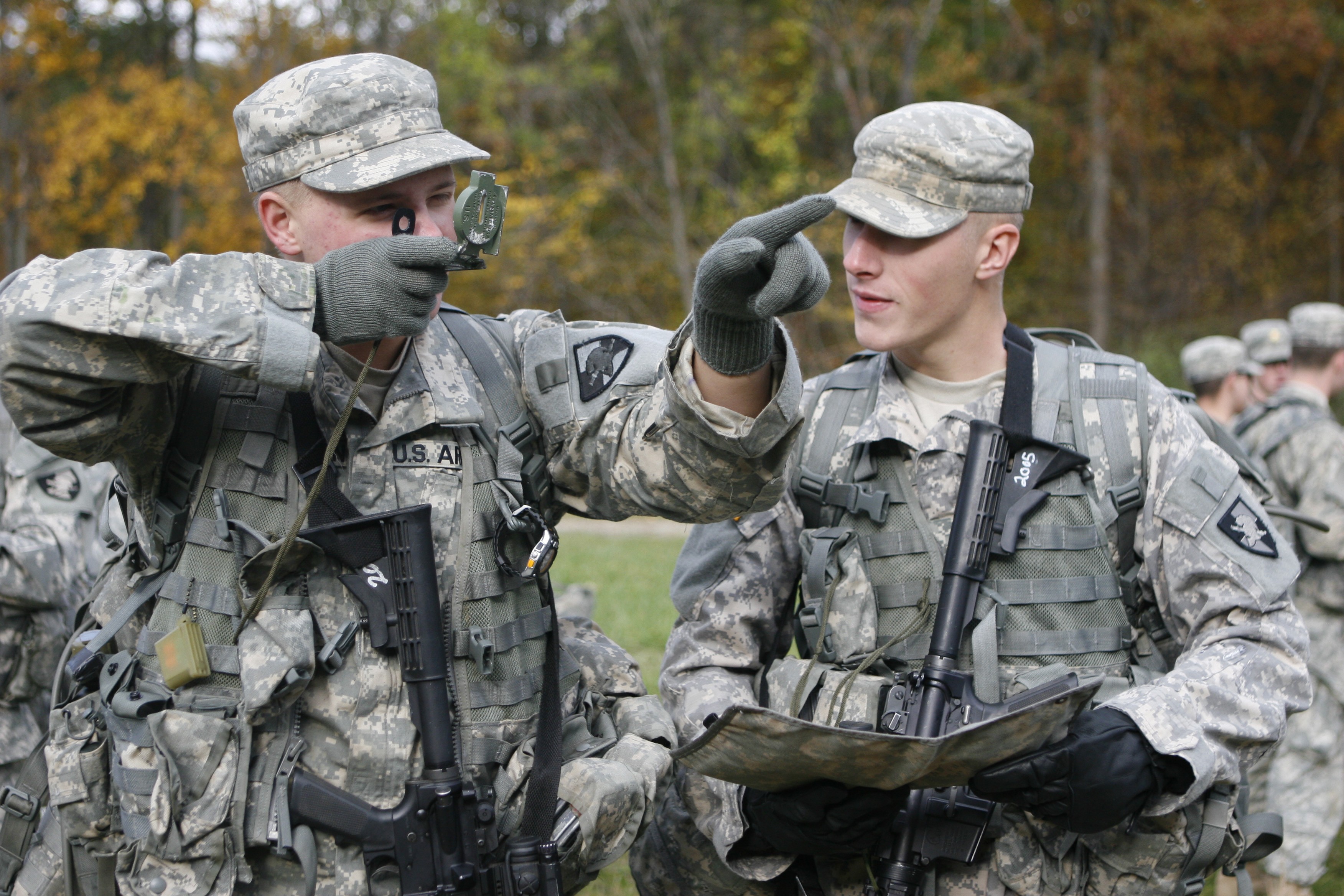
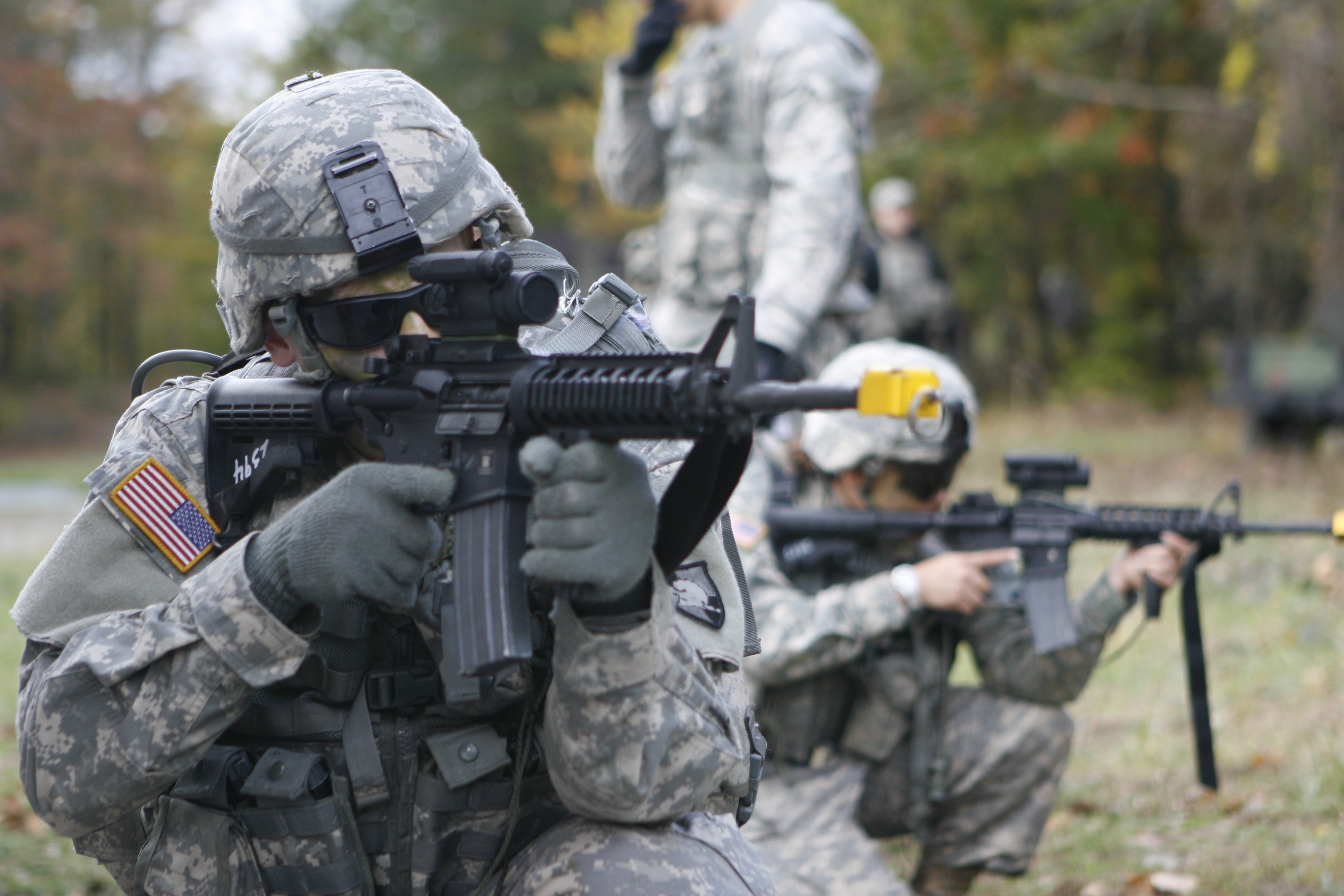
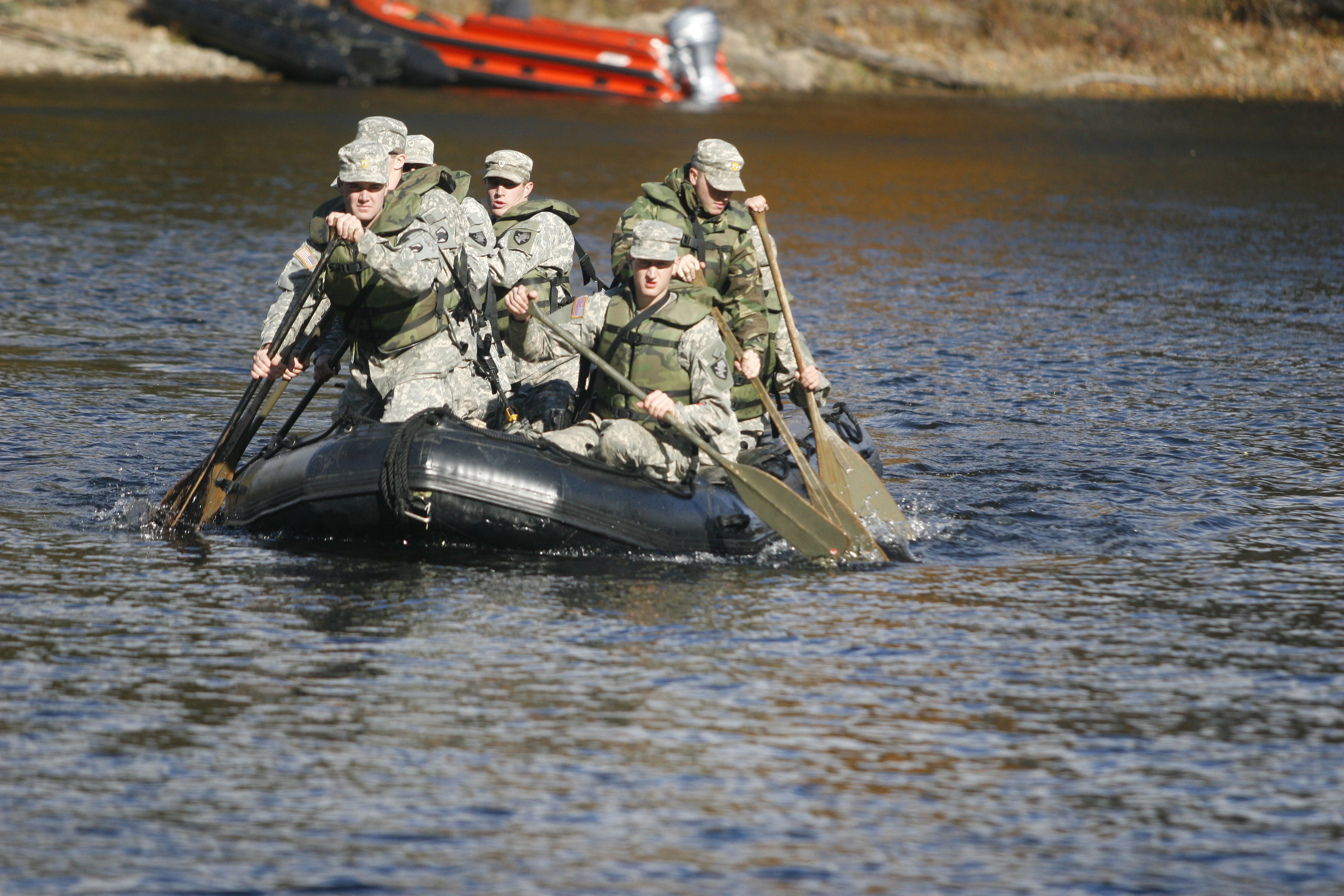
Social Sharing